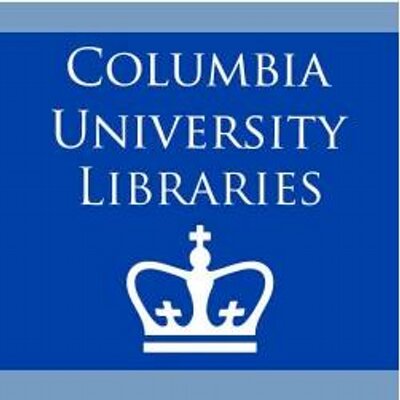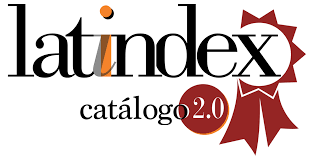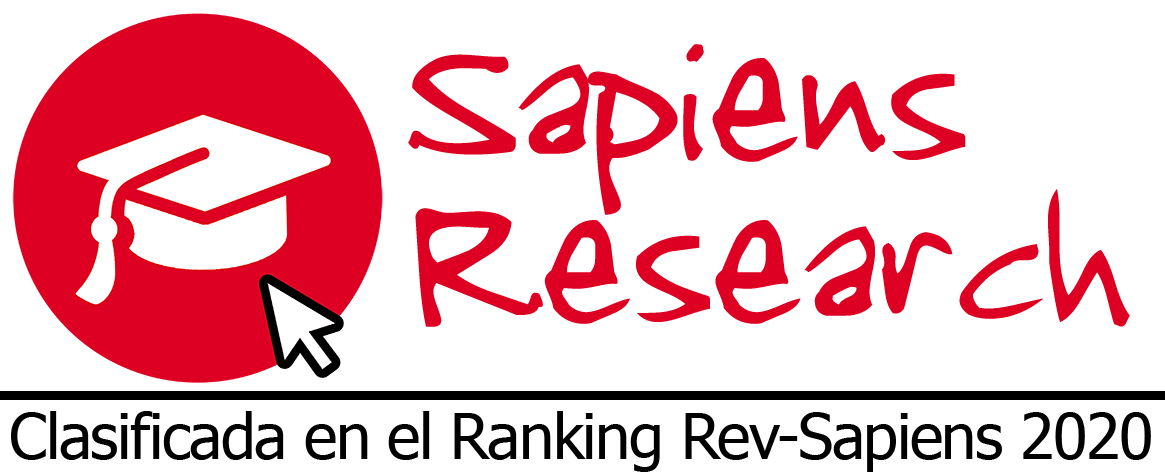

This work is licensed under a Creative Commons Attribution-NonCommercial 4.0 International License.
Revista de Arquitectura is an open access journal. More information...
Authors retain copyright and grant to the Revista de Arquitectura the right of first publication, which will be simultaneously subject to the Creative Commons (CC) BY-NC license.
Authors will sign a non-exclusive distribution license for the published version of the article by completing (RevArq FP03 Permission to Reproduce).
Self-archiving will comply with SHERPA/RoMEO guidelines and the Green classification.
To see in detail these guidelines, please consult...
Abstract
It is necessary to rethink the teaching of architecture such that it can harmoniously integrate the three dimensions that have always comprised it (art, technique, and science) and avoid the fragmented presentation of knowledge. Based on pedagogical research and the systematization of experiences of teaching exchanges, this article develops theoretical support from philosophy of science, technology, and anthropology. It addresses the epistemological question and the need to address rethinking from expanded reason, open to the plurality and richness of reality. The article considers although not all subject areas allow for an equally deep rethinking, it is always possible to recognize the possibilities different disciplines offer, as well as the limits that prevent them from contributing to mankind's' progress in the search for increasingly profound and transcendental truths. Changes in teaching follow from this rethinking, including integrated and meaningful teaching, and far from the addition of humanistic topics as a complement to students' training.

References
Álvarez-Álvarez, J. J. (2011). La investigación humanística en una universidad católica, Comunicación y hombre. Revista interdisciplinar de Ciencias de la comunicación y Humanidades (UFV), (7), 223-235. Recuperado de https://comunicacionyhombre.com/article/la-investigacion-humanistica-una-universidad-catolica/
Álvarez-Álvarez, J. J. (2018). Apuntes para el repensamiento de la enseñanza de la Ingeniería Informática. La cuestión antropológica y la necesidad de una Antropología integral. Revista Educación en Ingeniería, 13(26), 101-107. https://doi.org/10.26507/rei.v13n26.901
Artigas, M. (1984). Máquinas pensantes y conocimiento humano. En Actas del III Simposio de Teología Histórica (7-9 mayo 1984). Confrontación de la teología y la cultura. Valencia: Facultad de Teología San Vicente Ferrer.
Bersanelli, M. (1999). La tierra es redonda, Huellas, 4. Recuperado de http://www.huellas-cl.com/arch/april99/ciencia.htm
Boden, M. A. (1984). Inteligencia artificial y hombre natural. Madrid: Tecnos.
Chalmers, D. (1999). La mente consciente: en busca de una teoría fundamental. Barcelona: Gedisa.
Correal Pachón, G. (2008). El proyecto arquitectónico: algunas consideraciones epistemológicas sobre el conocimiento proyectual. Revista de Arquitectura (Bogotá), 10(1), 63-68. Recuperado de https://editorial.ucatolica.edu.co/ojsucatolica/revistas_ucatolica/index.php/RevArq/article/view/784
Huxley, A. (1963). Ciencia, libertad y paz, y la doble crisis. Buenos Aires: Editorial Sudamericana.
Kupareo, R., O. P (1969). Filosofía de la Arquitectura. Aisthesis, (4), 21-32. Recuperado de http://revistaaisthesis.uc.cl/index.php/rait/article/view/598/553
Lacalle Noriega, M. (2014). En busca de la unidad del saber Una propuesta para renovar las disciplinas universitarias. Madrid: Universidad Francisco de Vitoria. Recuperado de http://wordpressawards.camartis.org/test/wp-content/uploads/2018/05/PDF_INTERACTIVO_En_busca_de_la_unidad_del_saber.pdf
Mitcham, C., (1989). Qué es la filosofía de la tecnología.Barcelona: Anthropos.
Popper, K. R. (1996). Post scriptum a La lógica de la investigación científica. Vol. II: El universo abierto: un argumento a favor del indeterminismo. Madrid: Tecnos.
Radnitzky, G. (1973). Hacia una teoría de la investigación que no es ni reconstrucción lógica ni psicología o sociología de la ciencia. Teorema: revista internacional de filosofía, 3(2/3), 197-264. Recuperado de http://www.jstor.org/stable/43047671
Samarán, F. y Parada, J. L. (coords.) (2013). Misión. Grado en Arquitectura. Pozuelo de Alarcón: Universidad Francisco de Vitoria.
Universidad Francisco de Vitoria (s. f.). Nuestra misión hoy. Pozuelo de Alarcón: Universidad Francisco de Vitoria. Recuperado de https://institutojohnhenrynewmanufv.com/wp-content/uploads/2018/06/Mision_UFV_ES.pdf
































